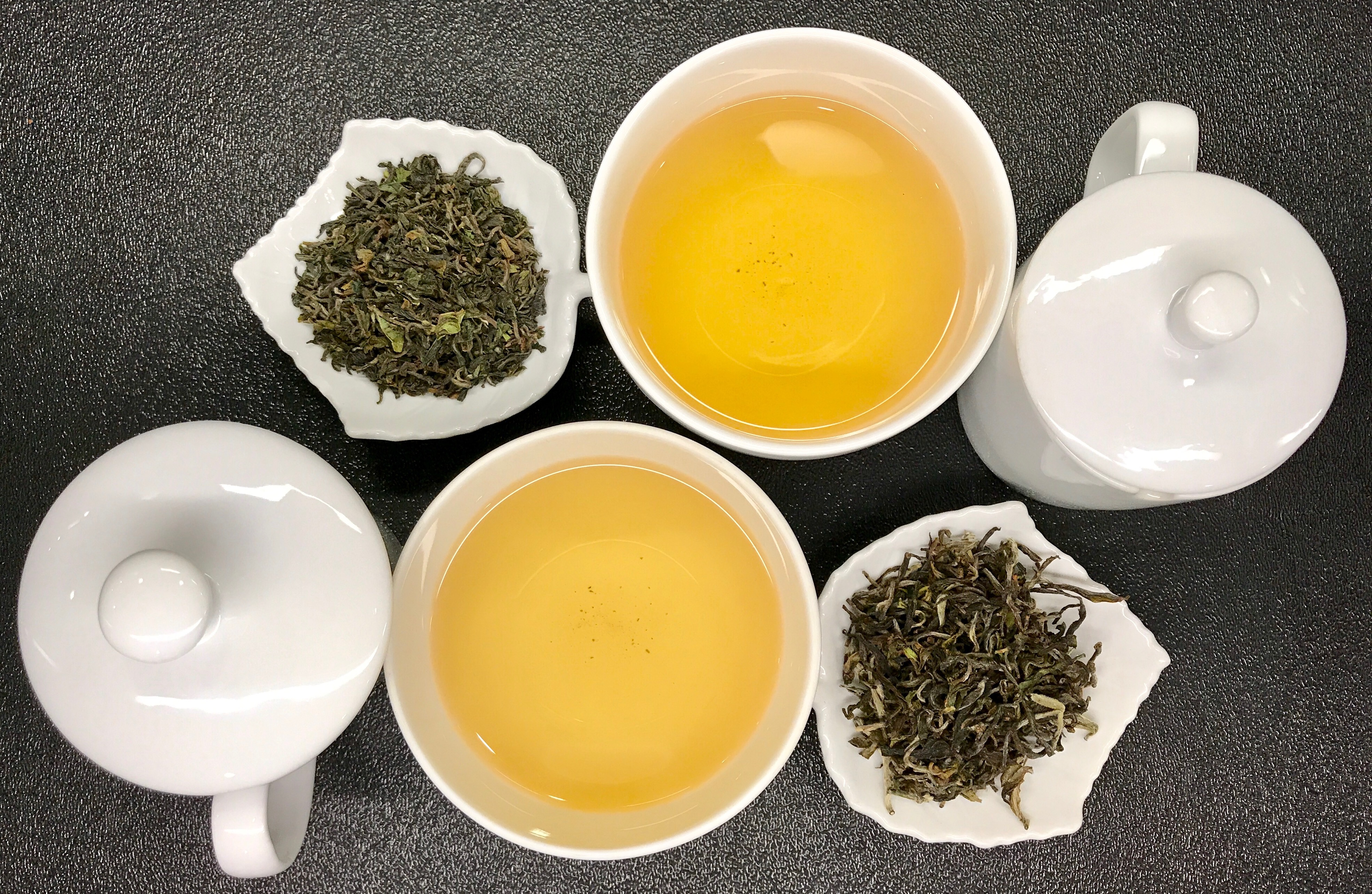At The Tea Smith, we try to source the best teas available in the market. But we do not do that in a vacuum. We look further into the sources and the gardens to the best we are able so we purchase our teas from gardens that employee best practices treat their workers fairly and work for the common good of the workers as well as the long term prospect of the tea industry there.
We will keep you abreast of developments there, both as it impacts our teas and the future of tea in Darjeeling. Here’s what’s happening:
Ghorkas, Nepali-speaking ethnic group, are the majority of the population in the Darjeeling Hills and have once again instituted a general strike in their quest for a separate Indian State they would call Gorkhaland. The strike is their way to get the government to hear their pleas. Ghorkas provide the bulk of the workforce when it comes to tea growing, plucking, and processing which has caused complete shutdown of the Darjeeling tea industry right at the peak of the second flush harvest.
One of the Gorkhas motivating factors is that the Ghorkas have felt and continue to feel like second class citizens. A Ghorkas working environment is often poor and wages low. Ghorkas often have no say in how the estates are run and not a single Ghorka owns a Darjeeling Estate even though their people are instrumental in the production and success of the Darjeeling tea industry. Ghorkas feel that the government does not provide care for the region and the area lacks basic infrastructure and resources.
Darjeeling’s tea industry has suffered a direct loss of more than $18 million already due to the current unrest Kaushik Basu, Secretary General of Darjeeling Tea Association. If the strike continues Basu estimates that the revenue loss could reach $55 million.
The Darjeeling Hills have been a point of political control and conflict since the 1780’s and the Ghorkas have sought independence many times throughout history. Once the British began their expansion through India many conflicts and wars over this area persisted. One of the most significant conflicts was in 1986 when the protests for an independent state turned extremely violent and over 1200 lost their lives. The unrest was finally resolved by the establishment of a special Ghorka council in the region. However, the council had very little ruling power and thus several protests and conflicts have erupted since.
How will this impact the Darjeeling tea industry? Short term certainly all Darjeeling estates will lose out on revenue and the Darjeeling summer teas will lose market share. Brands will avoid introducing Darjeelings because of the lack of certainty of their availability and thus will move to other regions for their needs. Long term outlook at this time is bleak. Due to the limited land available to grow Darjeeling and then the lack of workforce to produce the tea the business proposition is not good. The political unrest in the area needs to stabilize and show signs of continued harmony before the Darjeeling Estates appear to be a good business idea.
Teas from the Darjeeling region of India have long been a favorite of customers and staff at The Tea Smith. Each season, we fly in samples to evaluate for purchase. When we cup them, our staff lines up to be included in the process.
However, as the article clearly shows, the traditional infrastructure in the area no longer works. The gardens are in beautiful, though remote, areas. The work is hard and as young people have an opportunity for growth and education, they choose not to stay involved. The unresolved conflict between racial and social groups continues to challenge the general commerce, especially the production and sale of tea, and the basic rights of those involved.


